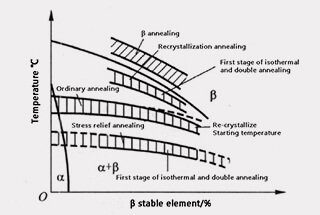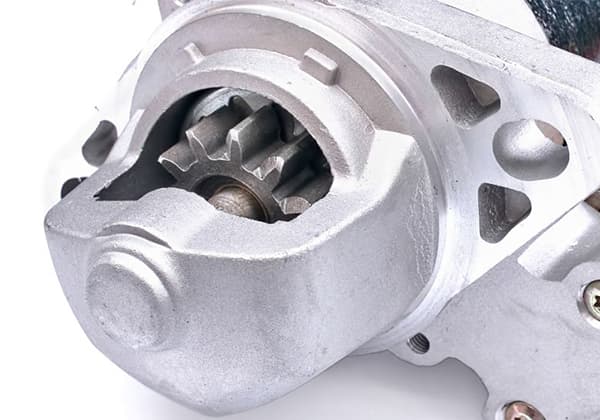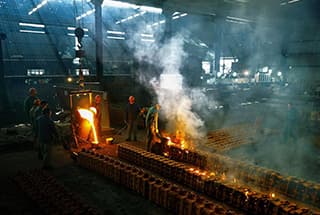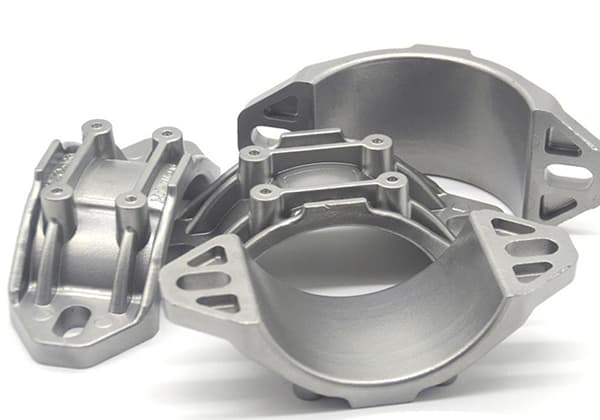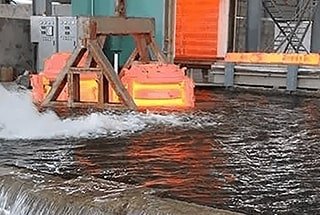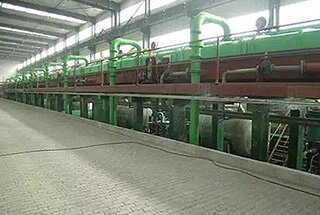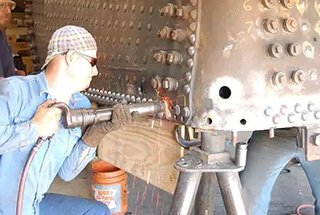
What makes titanium and stainless steel distinct from each other? While titanium boasts light weight and superior corrosion resistance, stainless steel offers durability and ease of processing. This article breaks down their unique properties, uses, and how to choose the right material for your needs. Dive into the key differences and find out how each metal can benefit your projects.

The density of titanium and its alloys is only 4.51, less than that of steel, and only half the weight of steel, but its strength is similar to that of ordinary carbon steel. Titanium belongs to thermodynamically unstable metals, very active. Titanium metal can react with air to form a natural oxide layer (titanium dioxide), which is stable and strongly adherent.
The protective oxide film, which is exceptionally good, determines the corrosion resistance of titanium, thus giving it excellent corrosion resistance. In addition, its light texture, high tensile strength, and good mechanical properties are another outstanding feature of titanium alloys. Titanium alloys can be divided into: corrosion-resistant titanium alloys, structural titanium alloys, heat-resistant titanium alloys, and low-temperature titanium alloys.
Titanium is somewhat dark, exuding a cool, cold color, and is slightly darker than steel. Steel is white, the pale kind. The two colors are very distinct and can be easily seen.
That is, by soaking in nitric acid. Titanium does not react, while stainless steel reacts strongly as soon as it is immersed. It is difficult to distinguish between pure titanium and titanium alloys by appearance.
Titanium can leave a gray-black mark on ceramic tiles, but stainless steel cannot leave a mark.
Below 550℃, titanium alloys tend to form a dense oxide film on the surface, thus they are not easily further oxidized, and have high resistance to corrosion by the atmosphere, seawater, steam, and some acids, bases, and soft media.
The melting point of titanium alloy is 1660℃, which is higher than iron, and it has higher thermal strength, can work below 550℃, and also shows better toughness at low temperatures.
Welding, electroplating, and cold drawing are very difficult. Welding and electroplating must be carried out in vacuum or in an atmosphere filled with inert gas (vacuum ion plating).


